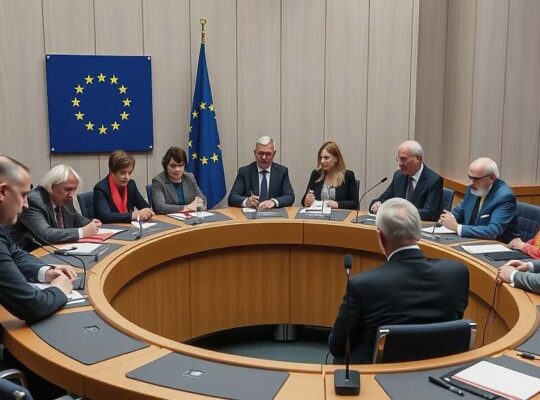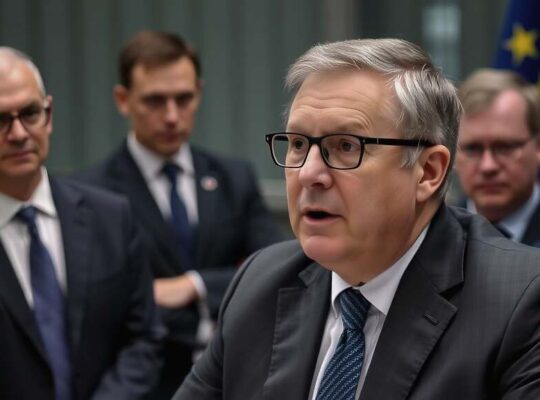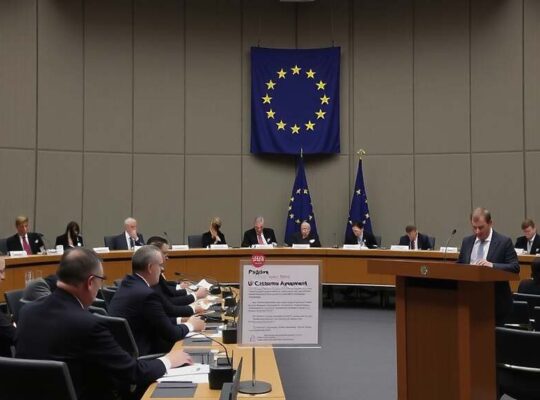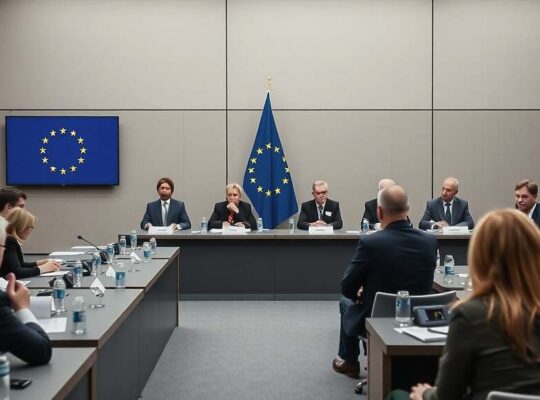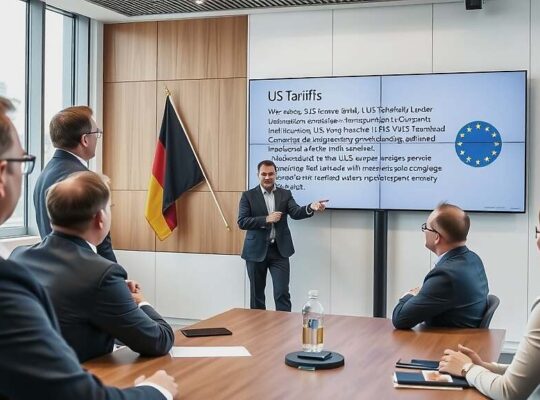The European Union member states have reached a provisional agreement on a revised negotiating mandate for the EU’s deforestation-free products regulation (EUDR), sparking immediate controversy and raising questions about the long-term efficacy of the initiative. The move, announced by the EU Council, prioritizes easing the implementation and delaying the enforcement of the current regulations, ostensibly to allow businesses, retailers and authorities adequate preparation time.
Under the revised timeline, medium and large-scale operators will now be subject to the EUDR from December 30, 2026, with smaller and micro-enterprises granted an extended deadline until June 30, 2027. Significant simplifications to numerous regulations are also planned as part of the deal. The Council intends to initiate formal negotiations with the European Parliament in the coming weeks, aiming for a final agreement before the current EUDR’s scheduled entry into force on December 30, 2025.
German Agriculture Minister Alois Rainer (CSU) hailed the agreement as a positive step, emphasizing its alignment with a German proposal. He asserted that the compromise sends “a clear signal” advocating for a “practical, streamlined EUDR for effective forest protection, but without unnecessary burdens for countries without deforestation problems.
However, the swift concessions to industry concerns are drawing criticism from environmental advocacy groups. While acknowledging the initial challenges of implementing such a complex regulation, critics argue that the substantial delays and simplifications risk undermining the EUDR’s core objective of halting deforestation globally. The compromises appear to capitulate to pressure from industries heavily reliant on agricultural commodities sourced from regions with deforestation risks, potentially weakening the regulation’s impact and creating loopholes for non-compliance.
Rainer’s assertion that the current EUDR is hindering efforts to reduce bureaucracy, particularly for countries without deforestation concerns, has further fueled the debate. While he reaffirmed his commitment to global forest protection, concerns remain that the revised mandate prioritizes the convenience of European businesses over the urgent need to address deforestation driven by commodity production. The move raises fundamental questions about the EU’s commitment to tackling climate change and its willingness to hold supply chains accountable for environmental destruction. The final agreement, contingent on parliamentary approval, is expected to ignite considerable political debate and scrutiny regarding the EU’s approach to sustainable trade and environmental governance.






